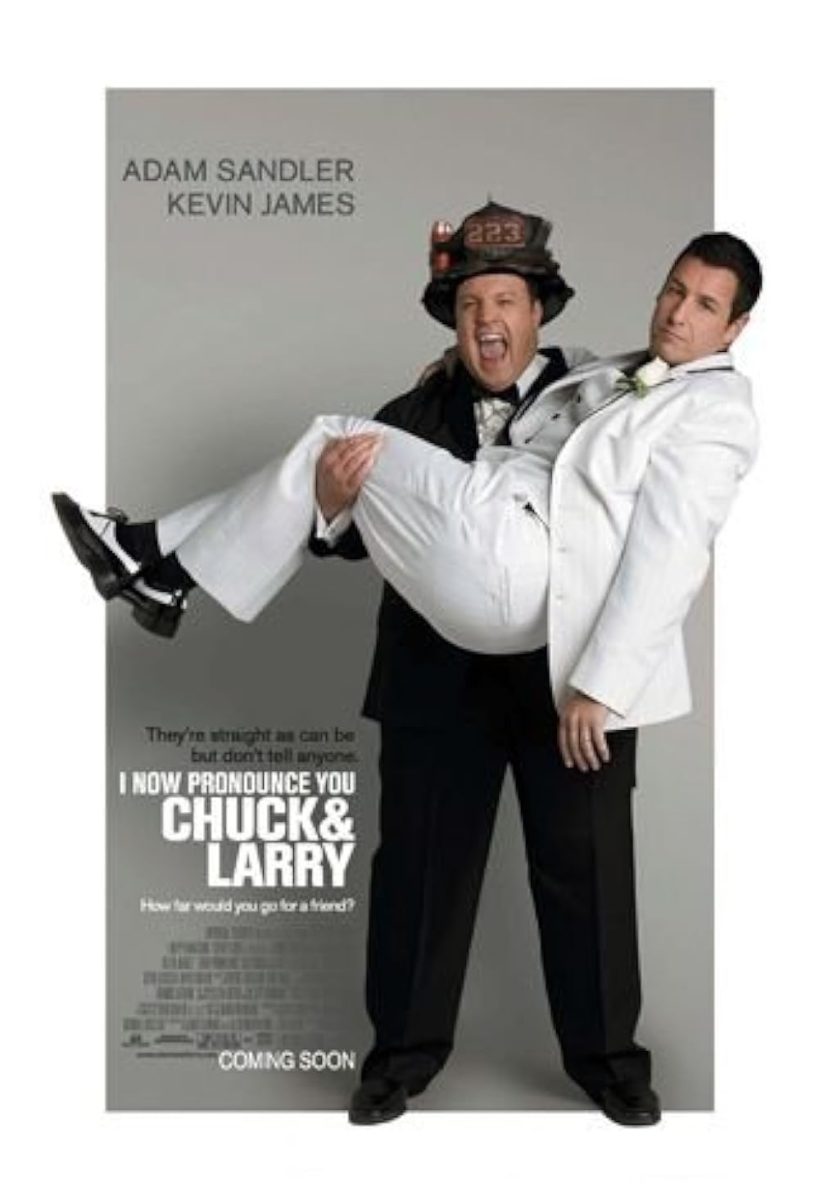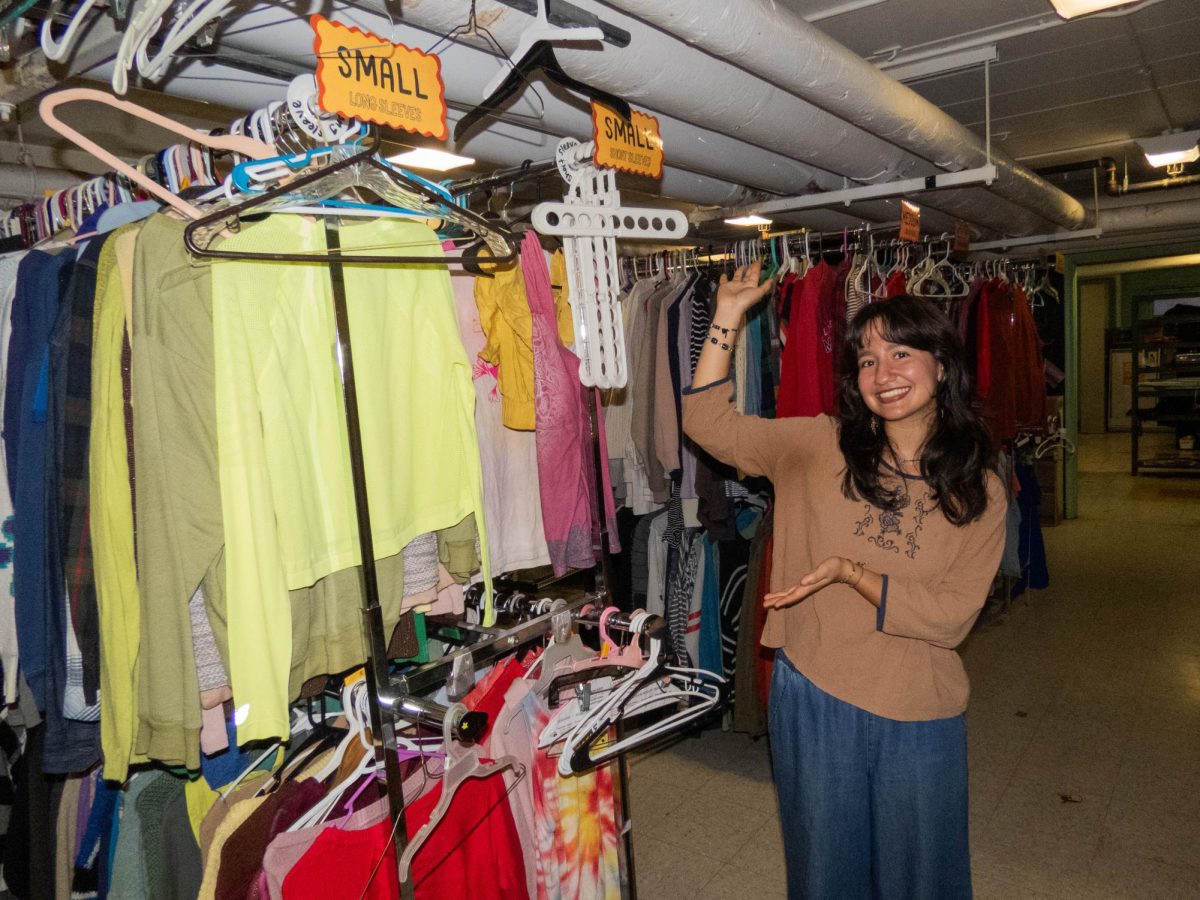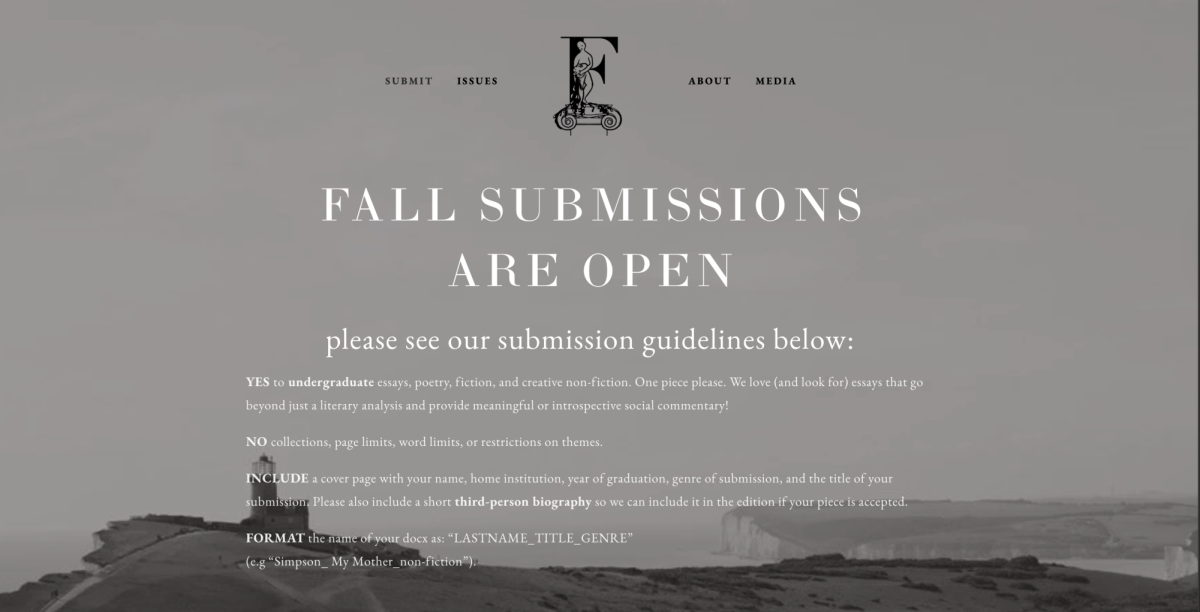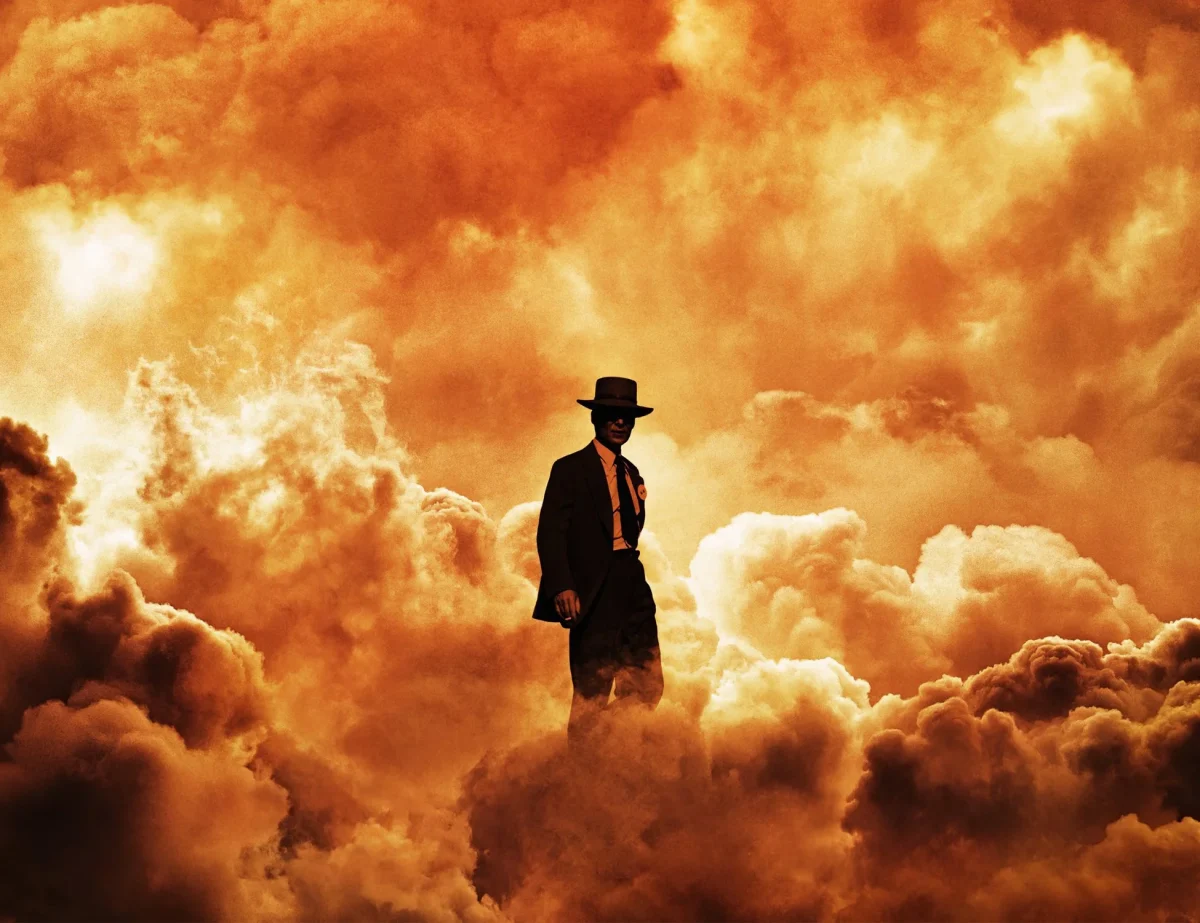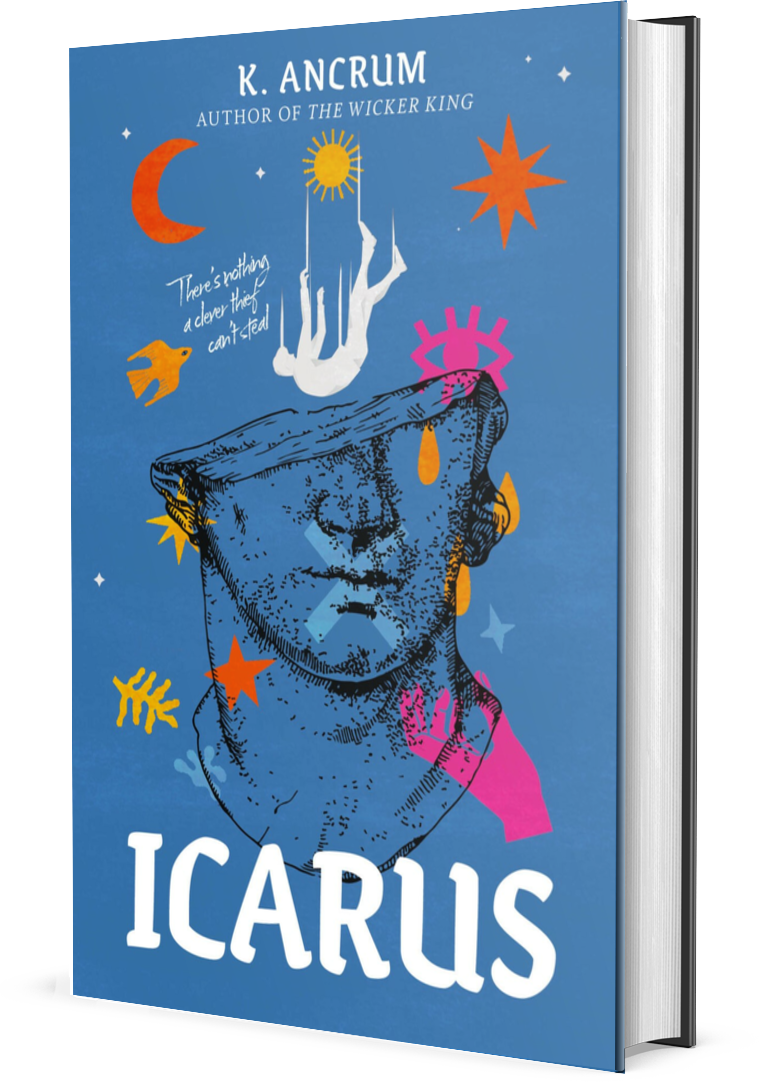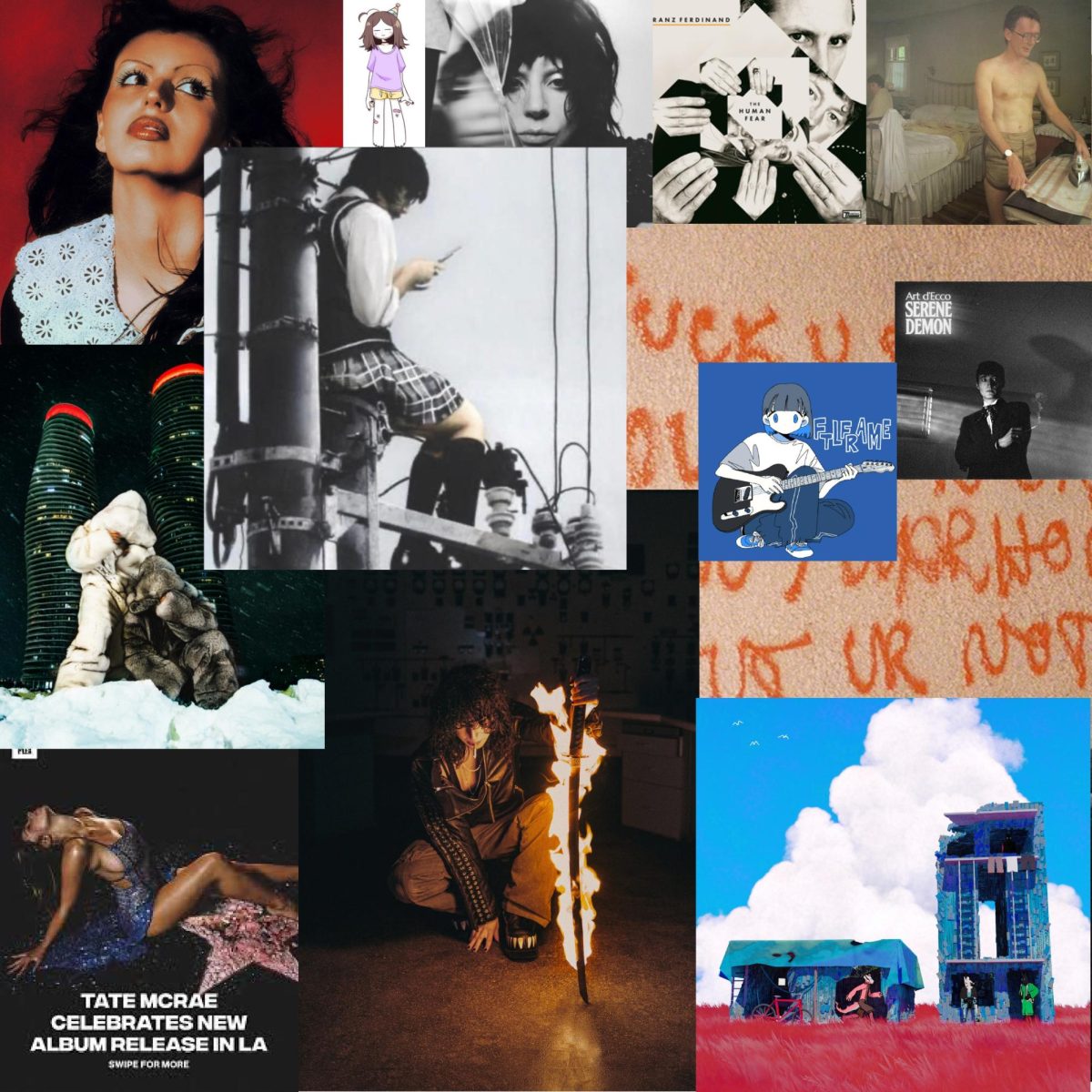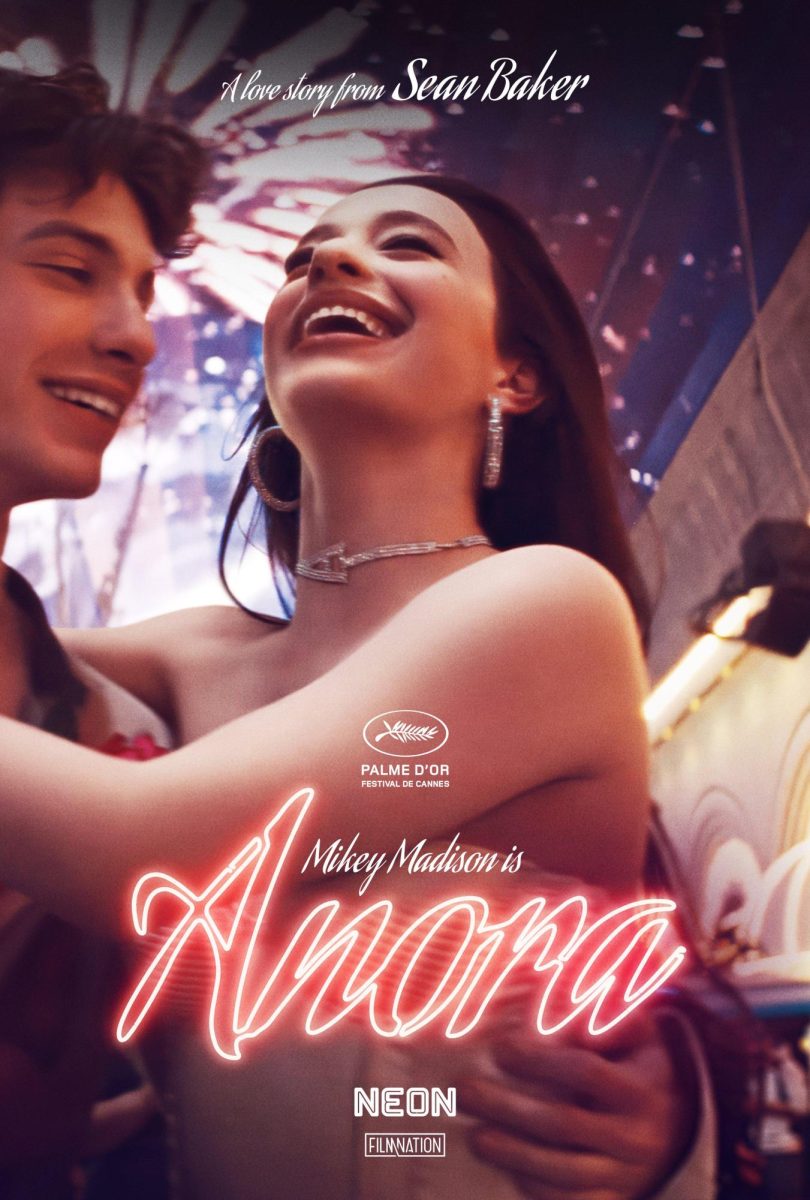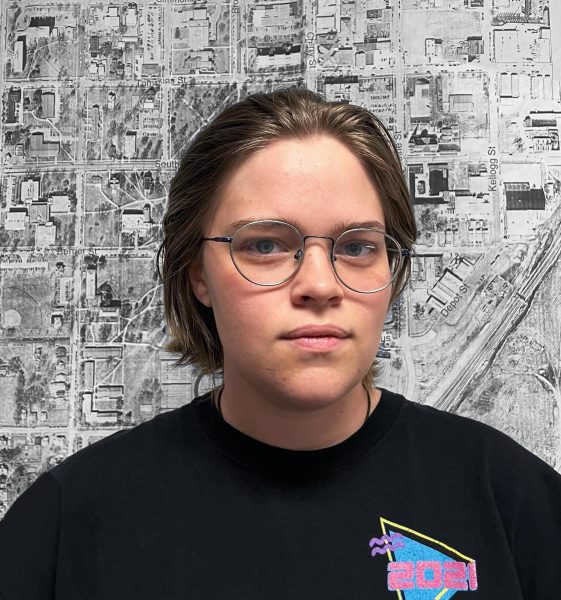“I Now Pronounce you Chuck & Larry” is a 2007 Happy Madison Productions movie about two “hyper-masculine” firefighters getting fake married to each other in an attempt at insurance fraud after Larry (Kevin James) fails to properly file his paperwork when his wife dies.
Set in Brooklyn, the two men are attempting to capitalize on the recent legislature change that recognizes a domestic partnership between same-sex couples. Their plan immediately starts to fall apart when the insurance company begins to suspect them to be frauds, and lying about being homosexual (which they are).
Doubling down and refusing to admit defeat, the two go to a lawyer, Alex (Jessica Biel) and begin a downward spiral further into the lie of being gay. The lie and its influence starts to grow to unprecedented proportions, eventually wrapping up what looks like the entirety of Brooklyn by the time the hearing for their case starts.
Originally, I watched this movie for the radio show I co-host with my friend on WVKC, Bargain Bin Rejects, where we watch bad movies. Expecting something that was hot garbage, especially with the understanding that I was for sure going to see Adam Sandler say slurs and be generally, Adam Sandler, I was… surprised.
Chuck (Adam Sandler) still says slurs, as do many other characters within the movie. Yet, while I had been expecting barely even an attempt at a positive queer opinion and a healthy dose of good ol’ 2000s style violent homophobia – I was not expecting the reality of the movie. This movie is a satire. Specifically, a satire of society’s opinion toward queer people in 2007.
Both I and my co-host waffled back and forth for a week and then the entire hour of our show arguing if this movie was bad or good, if it was homophobic, or pro-gay rights. Inevitably we settled on the idea that this movie is two movies in one.
This is from the fact that Adam Sandler – famous for a very specific style of movie and writing that generally ends up with “woman completely out of Sandler’s league, is for some reason unbelievably into him despite it” – attempted to, as he put it, “Sandler-ize” the movie. The confrontation of poor-humor based on homophobic stereotypes with the not-so clear satirical delivery at times left both me and my friend unsure on what exactly we are supposed to be laughing at.
Satire requires a clarity of purpose and target, lest it be mistaken for and contribute to that which it intends to criticize. Most of the time, it is clear. When the other firefighters freak out after Chuck & Larry enter the firehouse showers – it eventually leads to two of them both dropping their bars of soap in an over dramatic slow-mo sequence and refusing to pick it up from the floor. Their hysteria and stupidity in the situation is clear, extremely so. Chuck and & Larry laugh at them. We laugh at them.
Yet at the same time, when Chuck and Alex have a (deeply uncomfortable for the audience) intimate moment where Chuck fondles Alex’s chest due to a discussion on how nobody believes Alex has not gotten cosmetic surgery; the joke on Alex’s behalf of being a stereotypical straight woman taking advantage of their gay male best friends is skewed.
Because we know Chuck is straight, that he is deeply interested in Alex from first meeting her, we’re prepared to take this as a bizarrely-cute moment between the two as a deepening of their romantic relationship. This is paired with Chuck and Alex sharing a kiss not long after. In one moment, we are in a meet-cute Adam Sandler movie, and in the next we are reminded that this is, for all intents and purposes, a satire on the gay social experience in 2007.
The movie fights with itself – a reflection of the fight between Adam and the writers behind it (Barry Fanro, Alexander Payne, & Jim Taylor), no doubt – but because of it I think the message and tone of the movie suffers for it.
This movie over the past few weeks has lodged itself into my brain, causing me to think about it without prompting at random points throughout my day. I know that my friend Josh is the same. But not because this movie is particularly bad or good. Instead, it is that conflicting, constantly unsure status it holds with itself on who I’m supposed to be laughing with here, that has captured my attention greatly.
To me, this movie is not homophobic – it’s accurate. The constant switches, the ways in which genuinely tearful moments like Larry getting furious at his co-workers on the force after finding out they signed a petition for his and Chuck’s removal (leading to a heartfelt monologue delivered by him pointing out that his friends did not have problems relying on him and Chuck for emotional or financial support before they knew they were gay); or the brutally honest representation of bigots both outside the AIDs relief party hurling slurs at Chuck and Larry, and yet again in front of the court house; this movie to me is just a painful reminder of what being openly queer in 2007 was like.
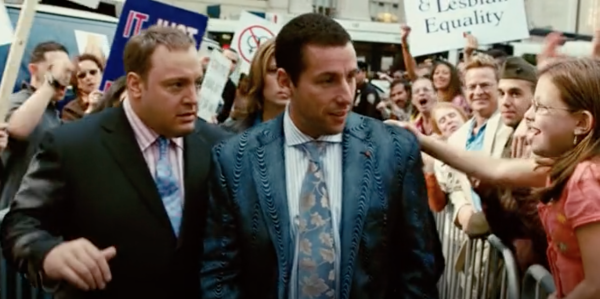
While I was not old enough to experience, or witness, the same kind of reactions in 2007, I was still involved with the queer community at a young age. I had many older queer friends talk to me about life in the early 2000s. This constant flip-flopping of opinions, the sudden support clashing with the deeply homophobic reactions in the same matter of minutes, is all very true to life as a queer person in 2007. Not quite accepting on a broad scale but at least beginning to learn and understand who queer people are (even if only to hate them).
I think a lot about the current status of queer rights, the current social opinion on queer people and queer bodies. It’s hard not too, when politicians are exposed for hosting underground meetings and extensive private email networks plan anti-queer legislature.
Looking back at Chuck & Larry – being reminded of a time where maybe you won’t be killed for being gay, you also won’t be loved for it – all I can see is comparisons to today. Rapidly changing social opinion and legislature, bigots with signs still yelling outside of courtrooms, but also a constantly growing acceptance and appreciation of queer people. In some bizarre way I am comforted – that the current whiplash-inducing changes in social opinion on queer people will pass, just as it had in 2007.

